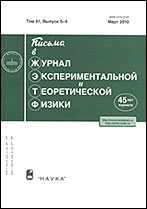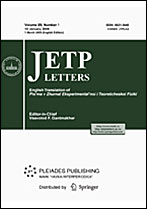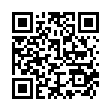|
This article is cited in 4 scientific papers (total in 4 papers)
CONDENSED MATTER
Melting of shocked boron carbide
A. M. Molodets, A. A. Golyshev, G. V. Shilov
Institute of Problems of Chemical Physics, Russian Academy of Sciences,
Chernogolovka, Moscow region, 142432 Russia
Abstract:
The aim of this work is to determine the melting temperature of boron carbide at high shock pressures. To this end, powder boron carbide samples have been compressed by shock waves with an amplitude of $60$–$80$ GPa. Shocked samples have been recovered for the subsequent electron microscopy, X-ray spectroscopy, and X-ray diffraction analyses. The event of sample melting has been identified by the disappearance of boundaries between particles of the recovered initially powder sample. The pressure and temperature of shocked particles of boron carbide powder have been calculated using a hydrocode based on the previously developed equations of state for boron carbide and experimental setup materials. The average melting temperature of the boron carbide has been determined as $T_{ml}=1900(500)\,$K at the pressure $P_{ml}=70(10)\,$GPa.
Received: 27.04.2020
Revised: 13.05.2020
Accepted: 13.05.2020
Citation:
A. M. Molodets, A. A. Golyshev, G. V. Shilov, “Melting of shocked boron carbide”, Pis'ma v Zh. Èksper. Teoret. Fiz., 111:12 (2020), 838–845; JETP Letters, 111:12 (2020), 720–726
Linking options:
https://www.mathnet.ru/eng/jetpl6200 https://www.mathnet.ru/eng/jetpl/v111/i12/p838
|


|





 Contact us:
Contact us: Terms of Use
Terms of Use
 Registration to the website
Registration to the website Logotypes
Logotypes








 Citation in format
Citation in format 
